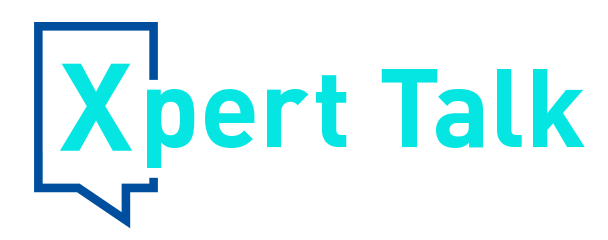ChatGPT is a state-of-the-art language model developed by OpenAI that has numerous applications in different domains. One of the domains where ChatGPT can be highly useful is Human Resources (HR). HR professionals are responsible for managing the workforce of an organization and ensuring that the employees are productive and satisfied. ChatGPT can assist HR professionals in various ways, such as recruitment, employee engagement, and training.
Recruitment is one of the primary responsibilities of an HR professional, and it can be a time-consuming and challenging process. ChatGPT can help streamline the recruitment process by automating some of the tasks that HR professionals have to perform. For instance, ChatGPT can be used to create job descriptions and advertisements that are optimized for the relevant job portals and social media platforms. This will save time for HR professionals and ensure that the job posts are effective in attracting the right candidates.
Another area where ChatGPT can be highly useful in HR is employee engagement. Employee engagement is crucial for the success of any organization, as it directly affects employee productivity and retention. ChatGPT can be used to automate surveys and feedback collection, which can be used to measure and improve employee engagement.
ChatGPT is a powerful tool that can be incredibly helpful in human resources (HR) departments. As a language model trained by OpenAI, ChatGPT can perform a wide range of tasks, including answering questions, providing recommendations, and even conducting interviews. Here are some of the ways that ChatGPT can be useful in HR:
Employee onboarding: ChatGPT can help new hires navigate the onboarding process by answering their questions and providing them with the information they need to get up to speed quickly. For example, ChatGPT can provide information about company policies, benefits, and training programs.
Candidate screening: ChatGPT can assist HR teams with candidate screening by asking candidates pre-determined questions and collecting their responses. This can help to reduce the amount of time and resources that HR teams spend on manual candidate screening and can help to ensure that only qualified candidates move forward in the hiring process.
Employee engagement: ChatGPT can assist HR teams with employee engagement by conducting pulse surveys and collecting feedback from employees. This can help HR teams to identify areas where employees may be struggling and to take action to improve employee satisfaction.
Performance management: ChatGPT can help HR teams to monitor employee performance by tracking key performance indicators (KPIs) and providing managers with real-time feedback on employee performance. This can help managers to identify areas where employees may be struggling and to provide them with the support they need to improve their performance.
Compliance: ChatGPT can assist HR teams with compliance by providing them with up-to-date information about employment laws and regulations. This can help HR teams to stay on top of changes in the legal landscape and to ensure that their company is complying with all relevant laws and regulations.
In summary, ChatGPT can be a valuable asset to HR teams by helping them to streamline their processes, improve employee engagement and performance, and ensure compliance with employment laws and regulations. As AI technology continues to develop, it is likely that ChatGPT will become an increasingly important tool for HR professionals
